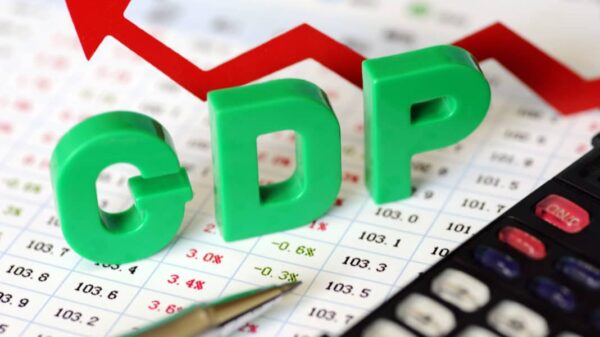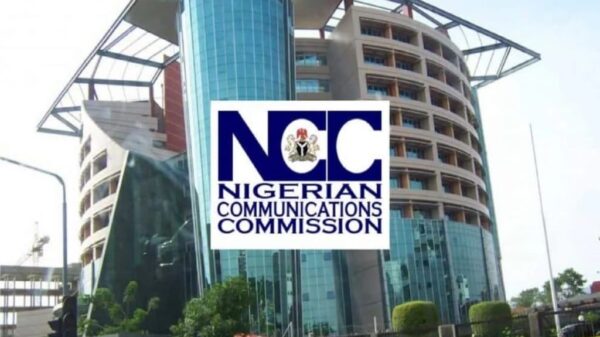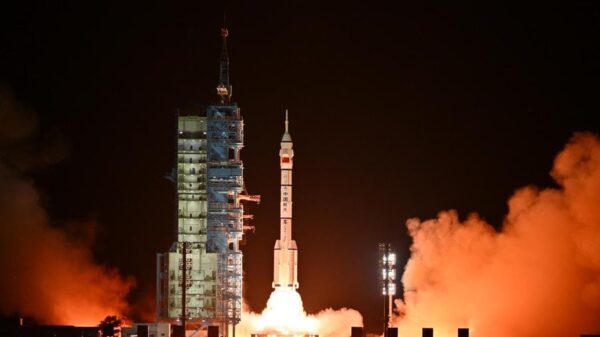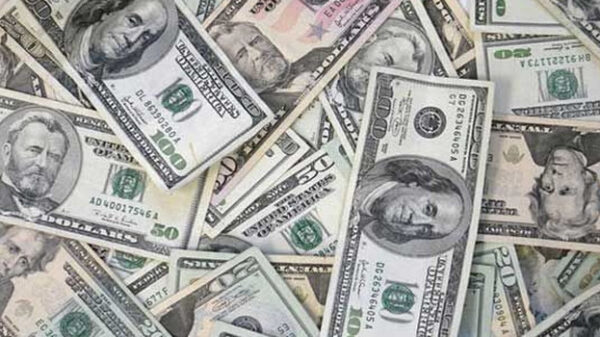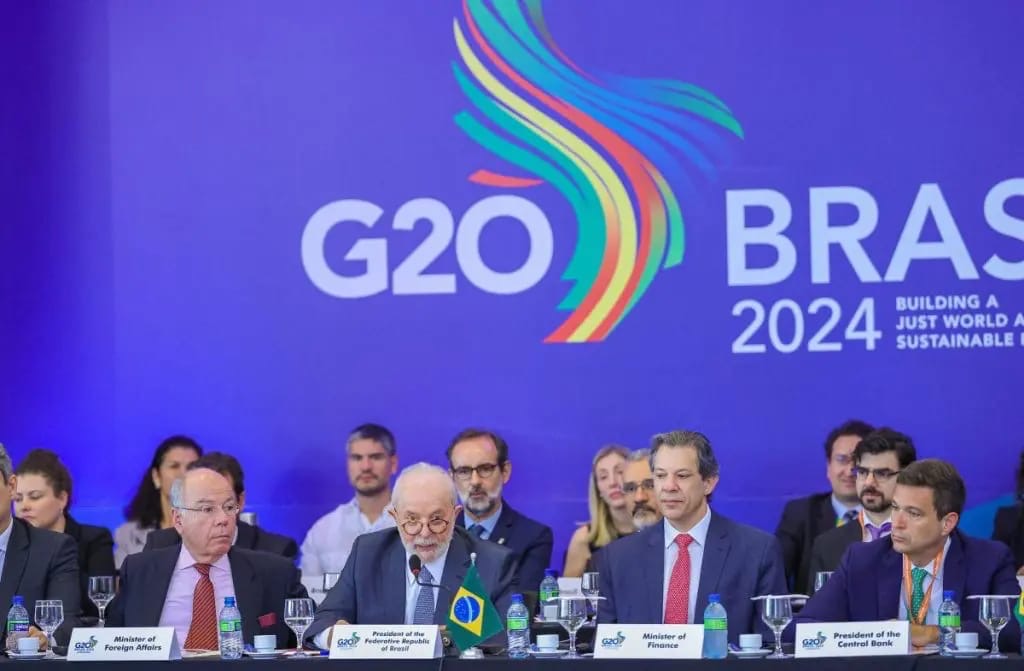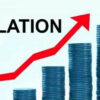G20 Leaders currently meeting in Brazil have inaugurated a Global Alliance Against Hunger and Poverty.
The launch took place at the opening session of the 19th Heads of State and Government Summit of the Group of 20 (G20) in Rio de Janeiro, Brazil.
The alliance signed by all member countries empowers a Task Force to implement practical activities between 2025 and 2030 to accelerate the elimination of hunger and reduction of poverty.
President Luiz Lula da Silva of Brazil, said the alliance, which was pre-launched in July already had the support of more than 80 countries, in addition to dozens of government and civil society organisations.
He said the goal of the global alliance was to gather funds and knowledge towards the implementation of public policies and social technologies, which have proven effective in reducing global hunger and poverty.
He added that throughout the first half of Brasil’s G20 presidency, discussions were held with G20 countries and other key partners to present the operation, its pillars and the general lines of governance.
“It’s not just about doing justice. This is an essential condition for building more prosperous societies and a world of peace.
“Brazil intends to reposition itself as an international leader on the issue, showcasing the successful Brazilian experience with the Zero Hunger and Bolsa Família programs — both launched by Lula in his first spell as president between 2003 and 2010.
“Ending hunger is also one of the Sustainable Development Goals established by the United Nations for 2030,” said the President.
He explained that UN institutions such as the Food and Agriculture Organization (FAO) and the World Food Programme (WFP) also addressed these issues.
But he said Brazil managed to convince its peers that a new initiative was necessary to accelerate investments.
Quoting Brazilian physician and nutritionist, Josué de Castro (1908-1973), Da Silva stated that “hunger and poverty are not the result of scarcity, but a biological expression of social ills.”
The president highlighted that the world produced almost 6 billion tons of food each year, while spending 2.4 trillion dollars on military spending.
He said international financial institutions and national development banks had also joined the initiative.
“So far, one of the biggest promises has been from the Inter-American Development Bank, which will request authorization from its boards to allocate 25 billion dollars to loans in Latin America and the Caribbean.
“The alliance, which will be autonomous from the rotating presidencies of the G20, will be operated from Brasília, within the Brazilian Cooperation Agency, and from Rome, within the FAO,” he said.
According to Da Silva, the world is now worse than it was in 2008, when the G20 took a leading role in facing the global economic crisis.
He mentioned the number of armed conflicts around the world, the climate emergency, social inequalities, and the fact that there were 733 million people going hungry in the world, according to the FAO.
The situation has deteriorated in recent years.
“Those who have always been invisible will be at the center of the international agenda.”
The President invited countries outside the G20 to join the alliance.
G20 leaders take initiatives to end global hunger
G20 Leaders currently meeting in Brazil have inaugurated a Global Alliance Against Hunger and Poverty.
The launch took place at the opening session of the 19th Heads of State and Government Summit of the Group of 20 (G20) in Rio de Janeiro, Brazil.
The alliance signed by all member countries empowers a Task Force to implement practical activities between 2025 and 2030 to accelerate the elimination of hunger and reduction of poverty.
President Luiz Lula da Silva of Brazil, said the alliance, which was pre-launched in July already had the support of more than 80 countries, in addition to dozens of government and civil society organisations.
He said the goal of the global alliance was to gather funds and knowledge towards the implementation of public policies and social technologies, which have proven effective in reducing global hunger and poverty.
He added that throughout the first half of Brasil’s G20 presidency, discussions were held with G20 countries and other key partners to present the operation, its pillars and the general lines of governance.
“It’s not just about doing justice. This is an essential condition for building more prosperous societies and a world of peace.
“Brazil intends to reposition itself as an international leader on the issue, showcasing the successful Brazilian experience with the Zero Hunger and Bolsa Família programs — both launched by Lula in his first spell as president between 2003 and 2010.
“Ending hunger is also one of the Sustainable Development Goals established by the United Nations for 2030,” said the President.
He explained that UN institutions such as the Food and Agriculture Organization (FAO) and the World Food Programme (WFP) also addressed these issues.
But he said Brazil managed to convince its peers that a new initiative was necessary to accelerate investments.
Quoting Brazilian physician and nutritionist, Josué de Castro (1908-1973), Da Silva stated that “hunger and poverty are not the result of scarcity, but a biological expression of social ills.”
The president highlighted that the world produced almost 6 billion tons of food each year, while spending 2.4 trillion dollars on military spending.
He said international financial institutions and national development banks had also joined the initiative.
“So far, one of the biggest promises has been from the Inter-American Development Bank, which will request authorization from its boards to allocate 25 billion dollars to loans in Latin America and the Caribbean.
“The alliance, which will be autonomous from the rotating presidencies of the G20, will be operated from Brasília, within the Brazilian Cooperation Agency, and from Rome, within the FAO,” he said.
According to Da Silva, the world is now worse than it was in 2008, when the G20 took a leading role in facing the global economic crisis.
He mentioned the number of armed conflicts around the world, the climate emergency, social inequalities, and the fact that there were 733 million people going hungry in the world, according to the FAO.
The situation has deteriorated in recent years.
“Those who have always been invisible will be at the center of the international agenda.”
The President invited countries outside the G20 to join the alliance.





